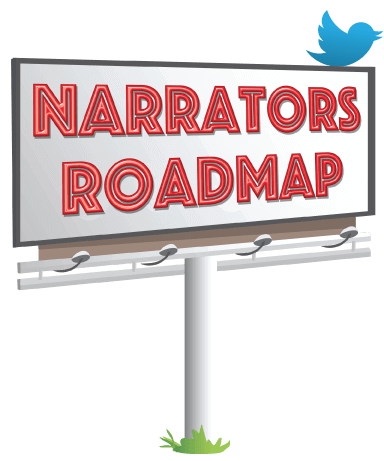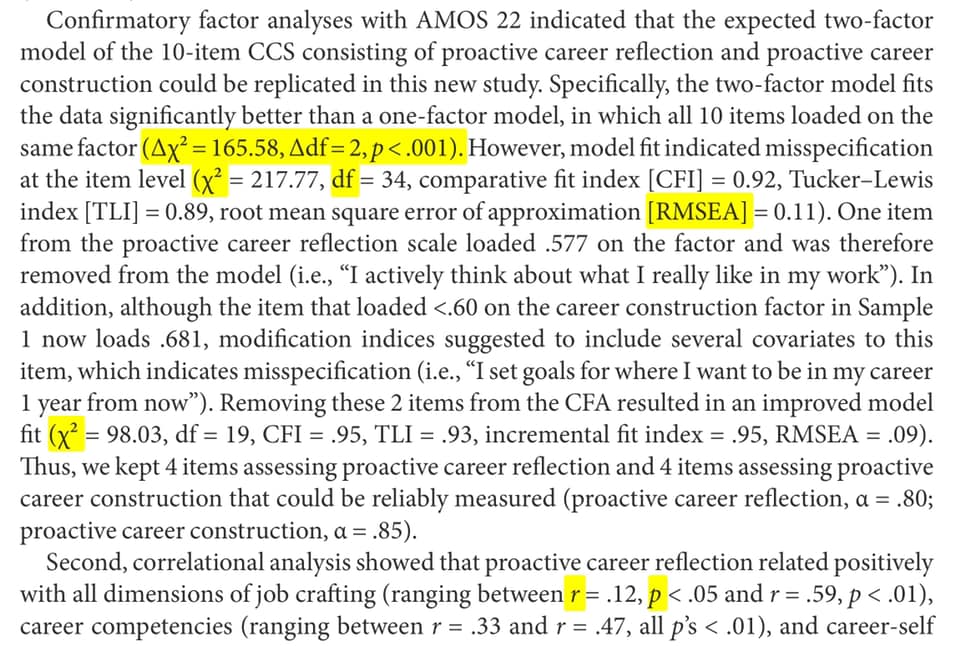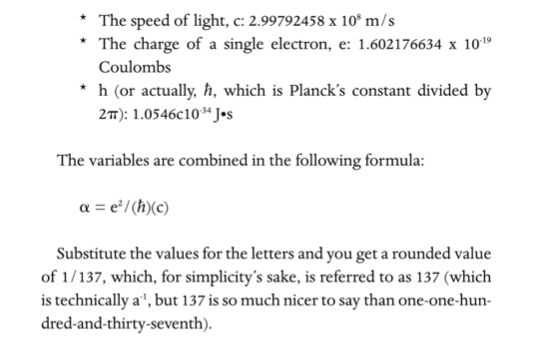I haven’t written or posted anything specific about soundproofing here on NarratorsRoadmap.com. It’s too broad a topic, and everybody has different problems to address in their space.
These articles on my blog offer some introductory info:
- Soundproofing vs. sound absorption
- A Demonstration of My Soundproof Studio I replaced all of the windows in the house and custom-built a room addition with soundproofing materials to greatly diminish exterior sounds.
You might consult with one of the specialists listed in the Studio Treatment & DAW Training section of the NarratorsRoadmap.com Welcome Center page.
Narrators have frequently discussed soundproofing in the Facebook Indie (ACX and Others) Audiobook Narrators and Producers group. You can search the group for “rock wool”, for instance, and see past threads on the topic.
The Facebook group called Soundproofing & Room Acoustics might offer additional useful info.











